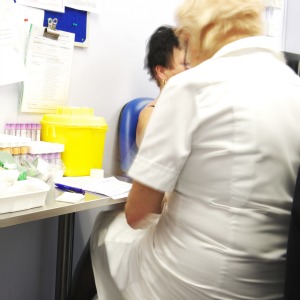Scottish researchers have developed a new algorithm to help GPs identify which patients with abnormal liver test results need referral for further investigations.
The tool – the Algorithm for Liver Function Investigations (ALFI) – combines factors such as age and drug and alcohol use with liver function parameters and is designed to be used in conjunction with initial liver function tests (LFTs) to help decide whether to continue monitoring a patient, or refer them on to the liver clinic.
Researchers led by Dr David McLernon, from Aberdeen University, developed the tool using data for over 300,000 patients with raised LFTs taken in primary care but no obvious liver disease.
As described in BMJ Open, the tool was 78% accurate at predicting significant liver disease over two years.
It was most effective at ruling out disease, identifying true negatives nearly 100% of the time, while it picked up true positives in 20-30% of cases at risk thresholds over 20%. As a consequence, the researchers said it would be useful in giving GPs more confidence to continue monitoring in patients at lower risk, while referring only those patients known to be at the highest risk.
The researchers concluded: ‘ALFI can help general practitioners focus referral on a small subset of patients with higher predicted risk while continuing to address modifiable liver disease risk factors in those at lower risk.’
BMJ Open 2014; available online 2 June
Pulse October survey
Take our July 2025 survey to potentially win £1.000 worth of tokens













